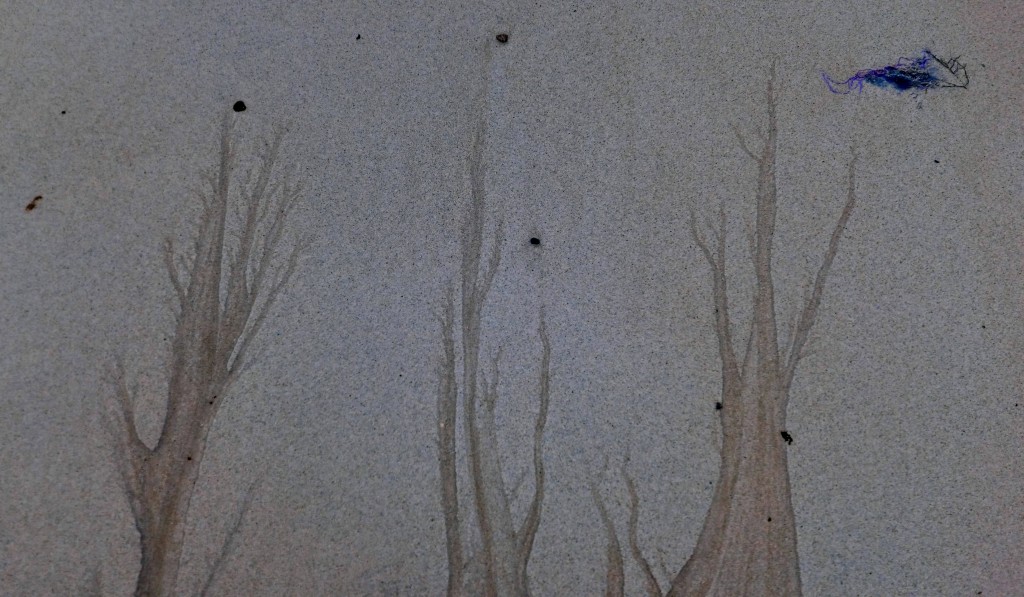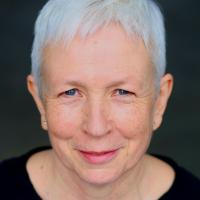On the Perils of Certainty and the Wisdom of Doubt
Lately, I’ve been reading about certainty addiction (or bias). Our brains are apparently wired to perceive uncertainty as a potential threat to our survival, so we go looking for certainty wherever we can find it. We prefer certainties – however painful or uncomfortable – to the unknown and uncertain. We will ignore facts, reasoning and arguments – however compelling – that seem to threaten our sense of certainty. We see certainty addiction playing out in many areas of life, including politics and religion. It is also evident within spirituality.
Certainty feels good. In fact, certainty evokes the same kind of feel-good feeling as sex, gambling and other addictions. It also tends to reduce anxiety; the more certain we are, the more our sense of threat diminishes. No wonder we are attracted to certainty. A lack of physical certainty– food, shelter, warmth – can indeed be a threat to our survival. However, we often act as if our belief structures are equally necessary to our survival. An attack on our beliefs – even hearing an opposing viewpoint – can feel viscerally and powerfully threatening. We invest our ideas and beliefs with certainty, and proceed to defend them come what may.
When we go into defensive mode, we act as if we are defending the beliefs themselves, as if it is the content of the belief or viewpoint that is so important to us. In reality, however strongly we think we feel about a topic, we are also driven by our addiction to certainty. The more certain we are, the stronger and more determined our defensiveness will be. We will do whatever we can to hold onto our certainty, desperately trying to not feel all that comes with uncertainty.
Our addiction to certainty, while it gives us a sense of self and a feeling of security, also confines us. Having a sense of the known – even if the known is unpleasant or painful – is often less frightening than entertaining the unknown, yet it keeps us bound and unable to see wider potential or possibility. One of the many things I love about inquiry is the ability it gives us to question everything, to cast the light of doubt on anything we take to be certain truth. When we inquire, we come face to face with our certainties. I most definitely am unlovable. Yes, I’m better than him. Yes, my opinions are right. We discover just how tightly we are holding on to all our beliefs and opinions about ourselves and the world because we can’t conceive of what or who we might be without them.
Asking the inquiry questions opens up the possibility that things – including ourselves – may not be as we’ve believed them to be. Whatever our answers, the questioning itself can pierce the armour of certainty, or at least open up a slight chink. Sometimes, entertaining the possibility that we may not be X or Y is feels challenging, subversive or scary. At other times, it is liberating or exciting. It is also humbling to loosen the reins of certainty and allow other possibilities and perspectives to come into view. Either way, questioning our certainties connects us with the emotional pain that inevitably resides beneath. Once certainty is no longer obscuring it, the pain can finally emerge. As we continue to feel what has been previously unfelt, we develop the capacity to simultaneously hold certainty and uncertainty, surety and doubt. We ascribe less to an either/or model of the world and see the potential for both/and. We find a place of much deeper wisdom beneath the brittle veneer of certainty, a wisdom that only emerges when we are willing to doubt.
Inquiry does not leave us without opinions or viewpoints. It does not render us incapable of discussing issues or taking a stand on what we feel is important. It does, however, release us from the burden of having to defend our viewpoints in service to our own sense of certainty. We no longer need to be certain, because we are less addicted to certainty and the promise of security it seems to offer. As our need for certainty recedes, our relationships inevitably change. We become less defensive, less attached to our particular certainties.
Whenever we meet certainty – particularly absolute certainty – we see certainty addiction at work. Inquiring into our own certainties injects a healthy dose of doubt into our constructs and concepts. What if? What if this isn’t the case? Is this what I think it is? Am I what I tell myself I am? Again, we don’t need to come to a conclusion. There is not necessarily a definitive answer to these questions. It is the act of asking them in the first place that is most important. Can we stand not knowing? Can we rest in a place of doubt, resisting the temptation to land in a place of certainty?
In our increasingly polarised world, many people seem deeply entrenched in their certainties and unwilling or unable to question them. It seems incumbent on those of us who are willing to do the deep work of questioning to bring the wisdom of doubt to bear on all our beliefs and certainties. Perhaps together we can open up possibilities previously hidden by our collective addiction to certainty. Humbling and painful though it can be to question our sacred cows, how much better it is than to be trapped in our addiction to certainty.



